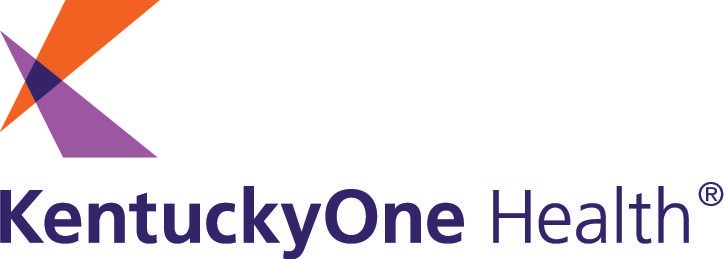Properly fitted helmets can prevent traumatic brain injury - Archived

FOR IMMEDIATE RELEASE
For More Information:
Barbara Mackovic, Senior Manager, Media Relations
[email protected]
502.587.4230 or 502.641.5461
Properly fitted helmets can prevent traumatic brain injury
KentuckyOne Health to distribute free helmets to kids at Kentucky State Fair
Louisville, Ky. (July 27, 2015)— According to the Centers for Disease Control, about 2.5 million emergency department visits, hospitalizations or deaths were associated with traumatic brain injury (TBI) in the United States in 2010. Helmets are one way of reducing the risk of TBI.
KentuckyOne Health is working to increase awareness and reduce risks for brain injury throughout the Commonwealth.
The most common and mild form of TBI is a concussion, a brain injury that alters the function of the brain. Concussions can appear right away or in days or even months following an injury. If a person experiences symptoms such as drowsiness, impaired vision, dilated pupils, nausea, seizures and loss of consciousness, he or she should be examined by a physician immediately. Following a concussion, rest is vital to help heal the brain.
Each year between 1.6 million and 3.8 million concussions occur from a sports-related injury. Headache and dizziness are the most commonly reported symptoms that appear following a concussion for an injured athlete and five to ten percent of all athletes will experience a concussion in any given sport season. Concussion can occur even if an athlete is wearing a helmet.
“Athletes, especially young athletes, need to take as many precautions as possible when playing their respective sport,” said Jason Smith, MD, PhD, a trauma surgeon with University of Louisville Physicians. “Once you experience a concussion, chances increase for a second concussion significantly. Wearing a properly rated, and appropriately fitted helmet can help to prevent concussion or other traumatic brain injury.”
It is important to remember that no helmet is concussion-proof, but helmet ratings help identify which helmets would best reduce the risk of concussion. The more stars a helmet has, the higher level of protection it provides. Helmet ratings are determined by various impact tests. Athletes are encouraged to purchase four and five star rated helmets and avoid using lower rated helmets.
Head injuries occur in as many as three out of four bicycle accidents. Wearing a helmet when cycling reduces the risk of TBI by 85 percent. Accidents often occur because cyclists aren’t visible to the driver. Selecting a brightly colored helmet or a helmet with some form of reflective material increases visibility, especially in the early morning and evening hours.
“It’s very important to teach young children the importance of wearing a helmet when riding a bicycle,” said Darryl Kaelin, MD, medical director, Frazier Rehab Institute, part of KentuckyOne Health. “Helmets absorb much of the force of impact that would be directed to the head during a crash or fall. The foam material inside of the helmet works as a shield that cushions the force of impact.”
To help protect more Kentucky children from head injury, KentuckyOne Health employees and volunteers will distribute free bike helmets to kids at the 2015 Kentucky State Fair on Friday, August 28, 2015. Children will be fitted for a free helmet at the KentuckyOne Health exhibit in the South Wing between 10 a.m. and noon and again from 4-6 p.m., while supplies last.
Experts from University of Louisville Hospital and Frazier Rehab Institute, both part of KentuckyOne Health, will assist parents to properly fit a helmet for their child. University of Louisville Hospital is the only adult Level I trauma center in the region, which makes it the most qualified facility to treat serious brain injury. The interdisciplinary team of medical and clinical professionals at Frazier Rehab focuses on improving patients’ mobility and physical capabilities to help them recover following traumatic brain injury.
About KentuckyOne Health
KentuckyOne Health, the largest and most comprehensive health system in the Commonwealth, has more than 200 locations including, hospitals, physician groups, clinics, primary care centers, specialty institutes and home health agencies in Kentucky and southern Indiana. KentuckyOne Health is dedicated to bringing wellness, healing and hope to all, including the underserved. The system is made up of the former Jewish Hospital & St. Mary’s HealthCare and Saint Joseph Health System, along with the University of Louisville Hospital and James Graham Brown Cancer Center. KentuckyOne Health is proud of and strengthened by its Catholic, Jewish and academic heritages.
Publish date:
Monday, July 27, 2015